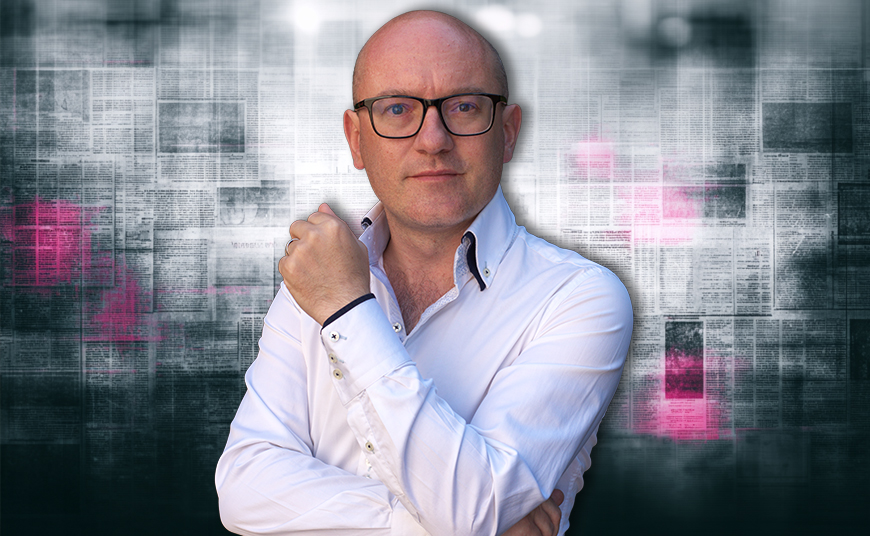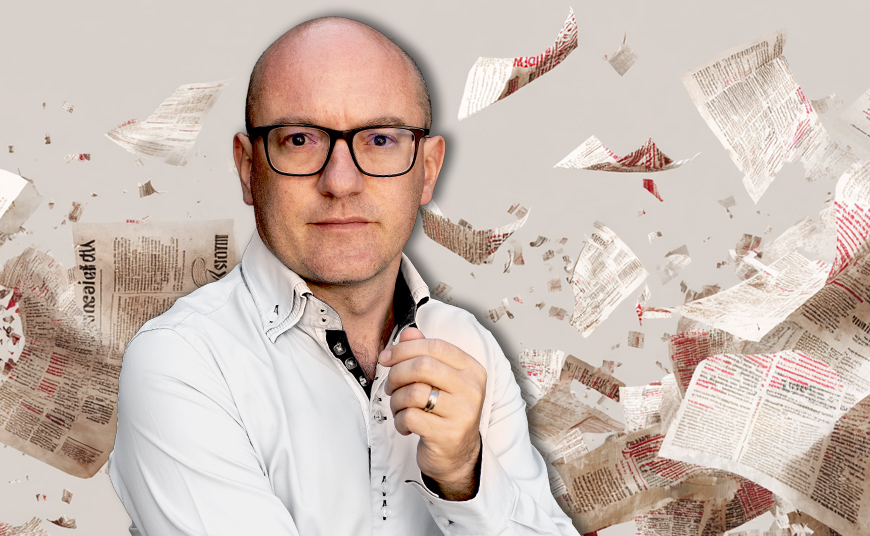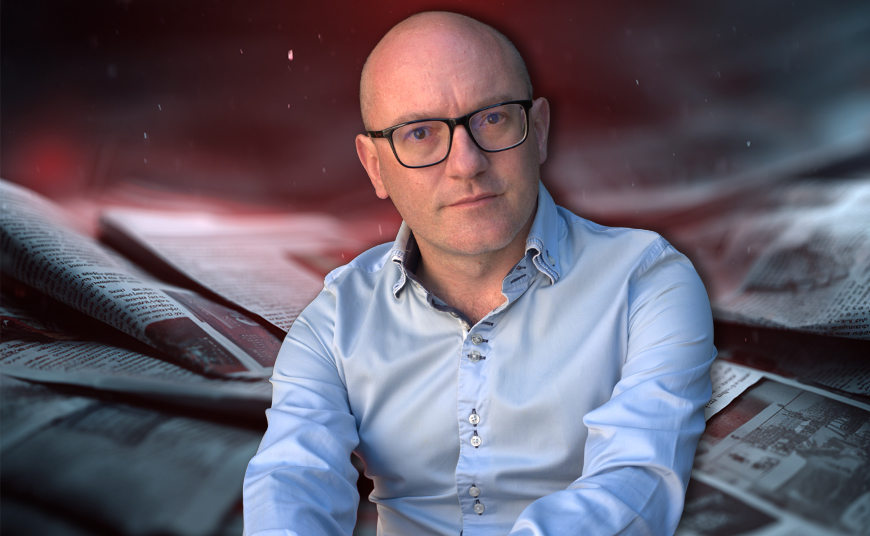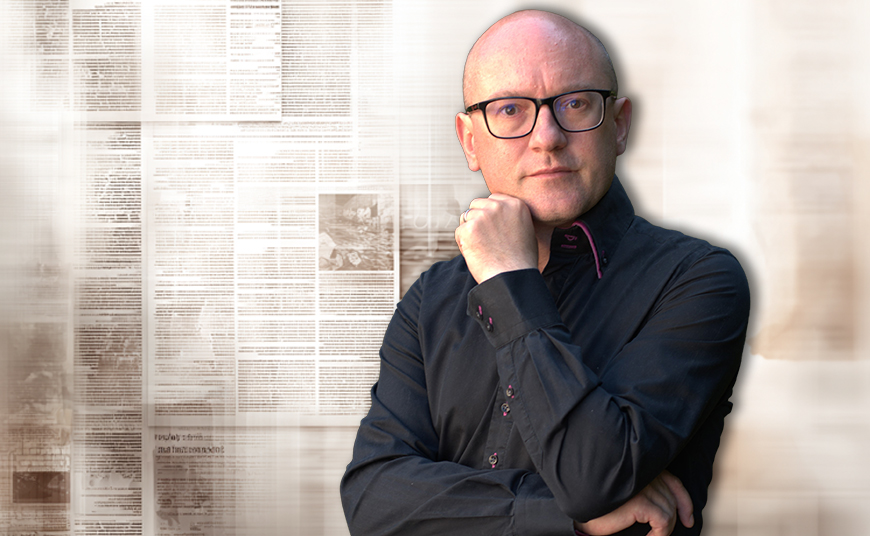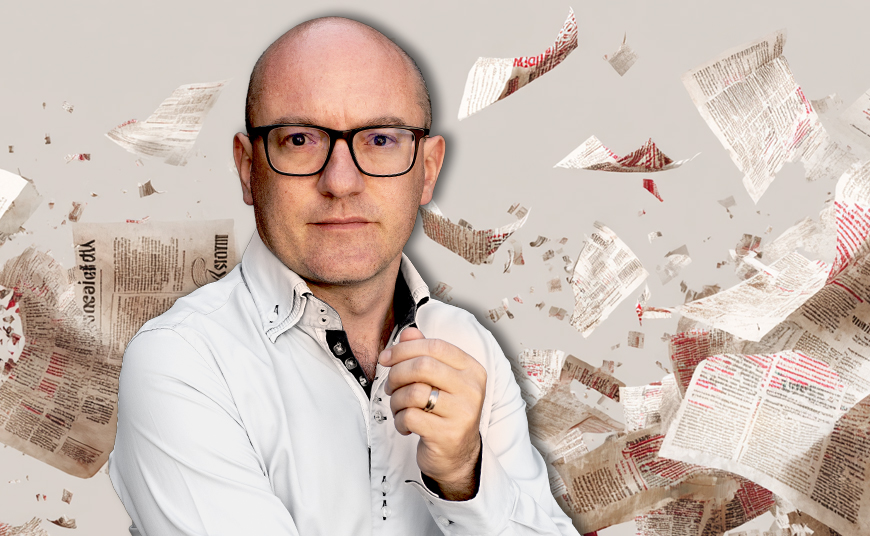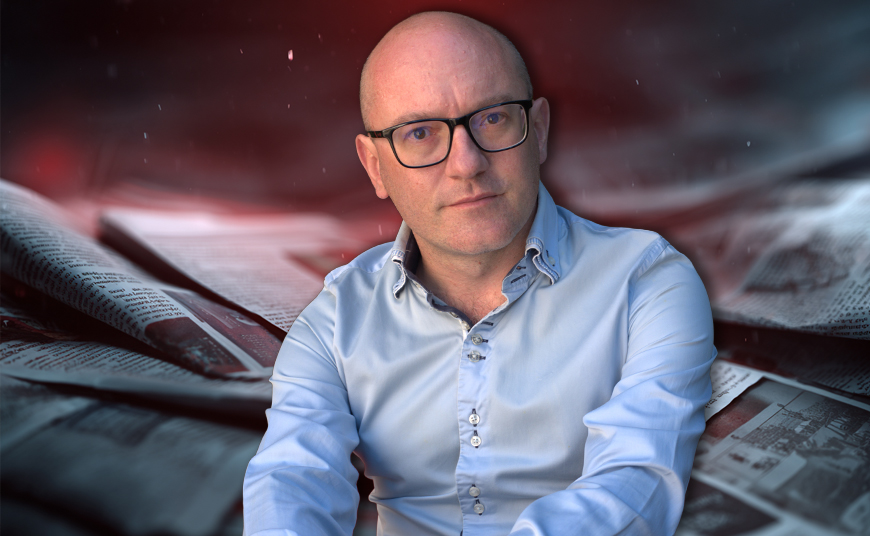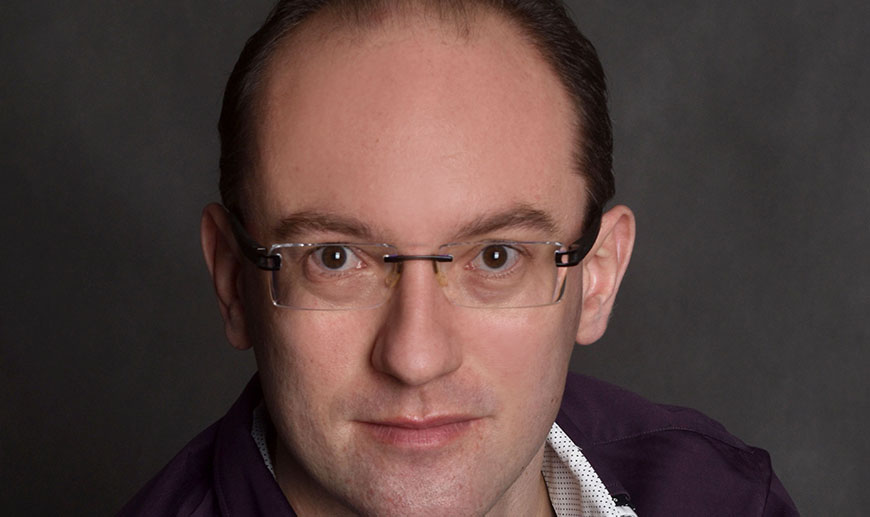
The conflict in Ukraine: the beginning of the end or the end of the beginning?
The conflict with Russia in Ukraine has been going on for more than two years. Peace efforts remain elusive. In fact, the West is feverishly arming Ukraine and helping it against Russia. This has been going on since 2022. Peace has become a dirty word and a swear word in the meantime. In the Czech Republic, the term 'chcimir' has become abused, especially by right-wing politicians or people who do not like Russia.
But the conflict in Ukraine did not arise on its own. For many years, the West has been gradually expanding its NATO military alliance towards Russia's borders. Ukraine's flirtation with Western military structures did not bode well. Moreover, military depots packed to bursting clearly said that something was about to happen. It was shortly after the COVID-19 pandemic.
One of the main factors leading to the Ukrainian conflict was NATO's eastward expansion. After the end of the Cold War, NATO gradually expanded into Eastern Europe, which Moscow perceived as a threat to its security. This was despite M.S. Gorbachev's assurances in 1990 that this would not happen. But the US military hawks were of a different opinion. The military-industrial complex had to function and keep producing weapons. No matter what it costs. This is the logic of the kind of capitalism that D. Eisenhower warned against in 1961.
In 2008, when NATO declared at the Bucharest summit that Georgia and Ukraine would one day become members of the alliance, Russia began to feel increasingly besieged. For example, the American political scientist John Mearsheimer argues that Russia's 2014 invasion of Ukraine and subsequent annexation of Crimea was merely a reaction to this NATO expansion and fears of geopolitical isolation. We can agree with this assertion when we see that the now unelected President of Ukraine, V. Zelensky has been flirting heavily with NATO.
But it doesn't stop there. On the contrary, it begins. The annexation of Crimea, which was never officially Ukrainian (it was even historically owned by the Tatars, then annexed by Tsarist Russia in 1783, and only annexed by Khrushchev in 1954 to the then Ukrainian Soviet Socialist Republic), suggested that Russia had strong concerns about its security. Even Pope Francis has let it be known that the conflict in Ukraine is actually due to the barking of NATO dogs at the border with Russia. After all, mercenaries from various countries around the world - not excluding the Czech Republic - have been fighting in Ukraine since 2014.
Rather than de-escalating the conflict in Ukraine and seeking a peaceful solution, there is always talk of weapons and war. Peace is pronounced very carefully. The West should recognise Russia's legitimate security interests and seek Ukraine's neutrality. Instead of pushing Ukraine towards the West, the West itself should support Ukraine as a neutral state that would act as a bridge between East and West, not as a front line in a geopolitical conflict. But does this suit the Western armourers? They do not seek peace, but conflict for their bloody business.
Mearsheimer proposes a realistic approach to resolving the Ukrainian conflict, which includes the following steps:
Ukraine's neutrality: the West should publicly declare that Ukraine will not become a member of NATO. This step could alleviate Russian security concerns. In my opinion, Ukraine's neutrality was secured until the infamous Euromaidan at the turn of 2013 and 2014. Since then, we can say that Ukraine has not been a fully democratic state. Moreover, it is highly corrupt, which, according to statistics, it still is today.
Federal structure: support for a federal structure of Ukraine that would allow greater autonomy for regions, especially those with pro-Russian populations. In my view, this would certainly be worth considering. Especially towards the eastern regions of Ukraine. This is because, since its creation, it has had one major problem: the largest ethnic minority in Europe: the Russians. This ethical minority has been denied their basic rights - for example, to speak their own language. Instead, they have been ostracised and humiliated. This led to clashes. Ukrainian bandit groups even began to emerge, organising various raids on villages.
Economic support: the West should provide Ukraine with significant economic support for stabilisation and development, but without the condition of joining Western military structures. But how are you going to secure the economic side of things when you are losing weapons every now and then that are sold on the black market. Corruption is rampant at all levels of the state apparatus, and it suits everyone. But the question is, who is going to foot the bill for this situation? Will it be Ukraine's creditors? Or will its debt be forgiven? Will Russia pay reparations? In my opinion, the conflict will freeze and a peaceful solution will be sought once Western weapons - especially those of the US - have been exhausted. I wish it were so...
